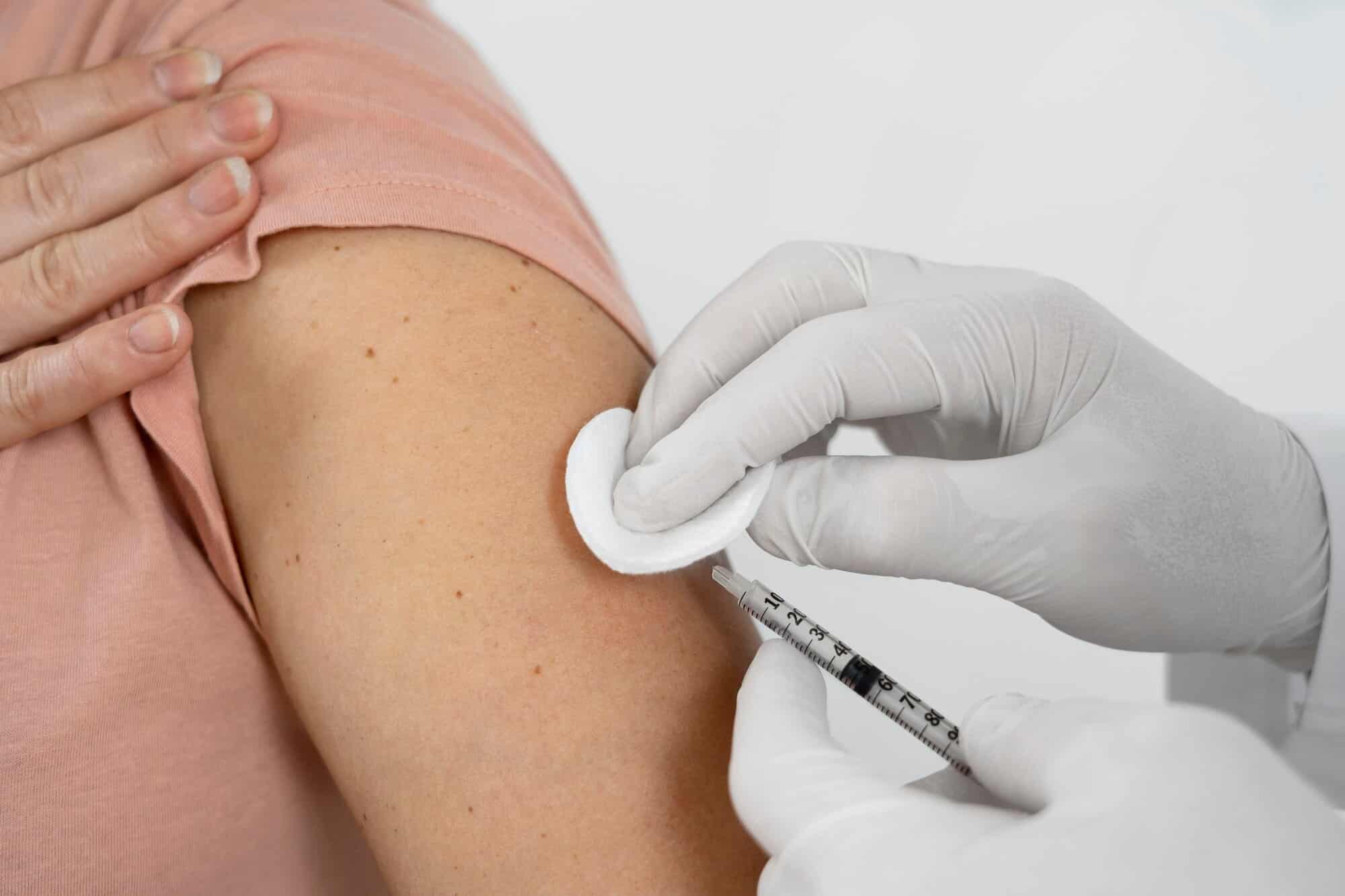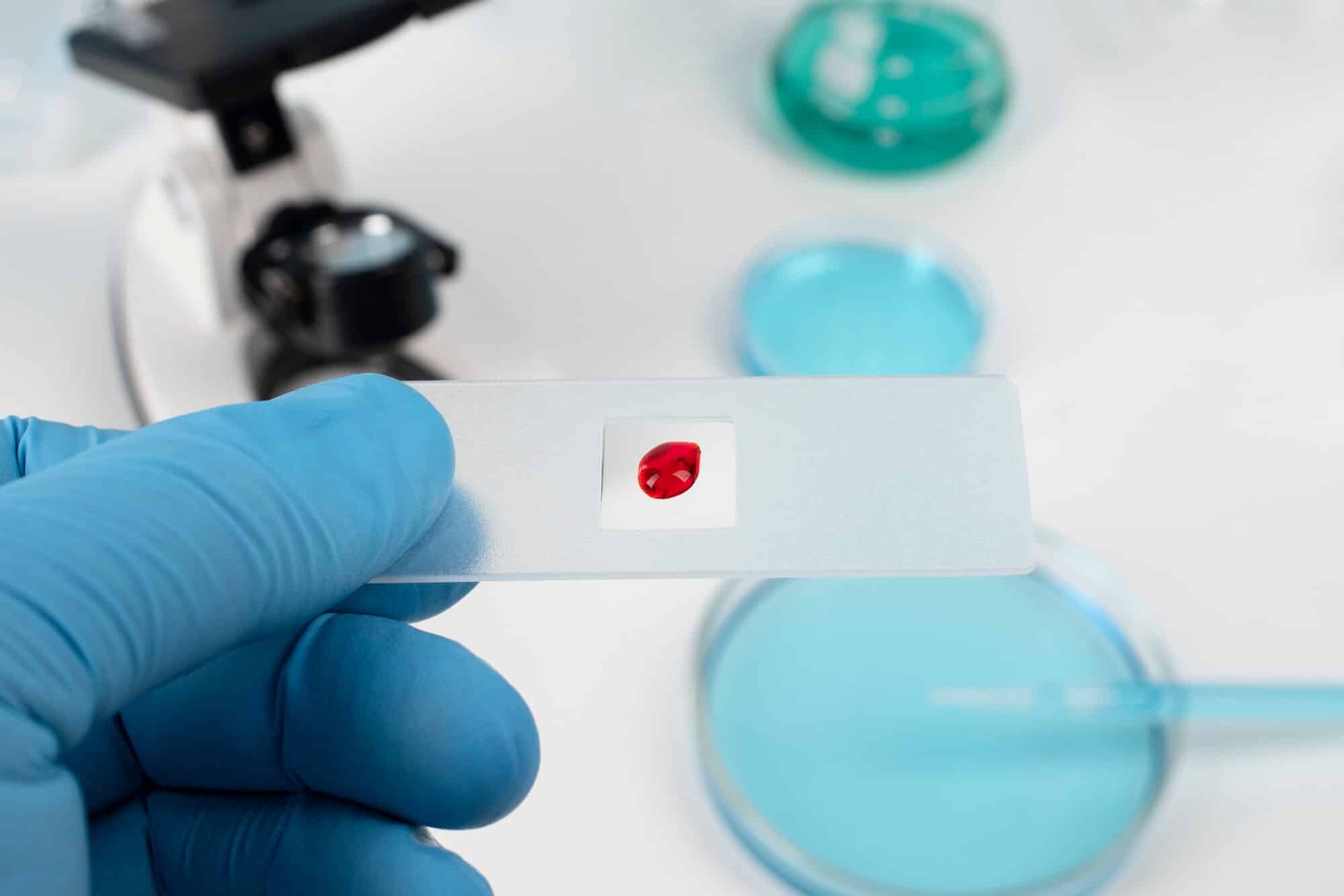
Looking after your mental and emotional well-being is necessary to experience a good quality of life. When you have HIV, emotional self-care becomes even more important. In addition to being physically taxing, living with HIV can trigger a range of difficult emotions and take a toll on your mental health. People diagnosed with HIV are at a higher risk of developing mental health conditions, which is why it’s important to self-monitor and put strategies in place to support your emotional well-being when you’re struggling.
How Can HIV Affect Mental Health?
The stigma surrounding HIV and the stress of having to make lifestyle changes once diagnosed can both contribute to the development of mental health issues like anxiety and depression in HIV-positive people. You may feel marginalized by people who don’t understand the reality of your condition and only associate it with negative stereotypes. You may also feel anxious about how your diagnosis will affect your family and intimate relationships moving forward. All of these factors can contribute to a deterioration of emotional well-being. If you notice signs of worsening mental health, it’s important to reach out for help from others and implement strategies you can use to help yourself.
Signs of Poor Mental Health
The following warning signs can precede a mental illness and should be taken seriously:
- Major changes in appetite
- Difficulty sleeping
- Extreme mood swings
- A desire to withdraw from all social activities
- Overthinking due to excessive worry or guilt
- Loss of interest in things you normally enjoy
- Inability to concentrate or think clearly
Warning signs can vary depending on the person and their unique situation. It’s important to monitor your behaviors, thoughts, and emotions to protect your mental health.
Causes of Mental Illness in HIV-Positive People
Getting diagnosed with HIV represents a major life change. The stigma and discrimination associated with HIV can provoke a number of emotional reactions in HIV-positive people and contribute to the development of mental health conditions. The stress of having to share one’s diagnosis with friends, family, and intimate partners and the isolation resulting from a loss of social support after coming out may both contribute to symptoms of depression and anxiety. Genetic predisposition can also play a role in mental illness.
For example, those with a family history of depression are more likely to develop the illness than those without any family history of depression. Some mental health issues can also occur as a side effect of certain HIV medications, which have the potential to cause symptoms of anxiety, depression, and insomnia. If you are experiencing symptoms of mental illness and are unsure of the cause, you should consult a medical professional who can help you get the treatment you need to be well.
Strategies for Managing Emotional Well-Being When Living with HIV
Coping with a positive HIV diagnosis is difficult. Accepting and adjusting to your HIV-positive status can take years. However, it’s important to remember that you’re not alone in your struggle. Healthcare providers are there to help you in your treatment journey, and support groups and counseling services can provide you with emotional validation and encouragement. Below, we list some strategies you can use to protect your mental health when living with HIV:
Seek Help Through Counseling and Support Groups
There are many support groups and counseling services for individuals living with HIV. Support groups can provide you with a sense of community and connect you with people who understand what you’re going through. They provide a safe space for you to express your emotions without judgment or discrimination. A simple Google search will bring up support groups in your area, or if you prefer, you can ask your HIV treatment provider to connect you with one.
Counseling can also provide you with the tools you need to manage life with HIV. One-on-one counseling can offer more personalized support than a support group. There are many counselors who specialize in helping HIV-positive people. You can find one online or ask your HIV treatment provider for a recommendation.
Practice Mindfulness and Stress Management Techniques
Mindfulness and stress management techniques can reduce your anxiety and improve your mood. We recommend the following strategies to combat unpleasant emotions caused by your diagnosis:
- Minimize your screen time and try to unplug for a few hours each day.
- Spend time outdoors; nature is a proven mood booster.
- Do things you enjoy, like taking a warm bath or cuddling with your dog.
- Make an effort to see people whose company you enjoy.
- Eat a healthy diet and limit your consumption of highly processed foods.
- Find a way of exercising and stretching that you enjoy.
- Practice breathing exercises.
- Try a new hobby even if you’re not good at it.
- Keep a journal to record your thoughts and emotions.
- Reduce your caffeine intake.
These techniques can help you make the most of life in spite of your diagnosis. When paired with other coping strategies, mindfulness can work to strengthen your mental health and improve your quality of life.
Stay Physically Active
Although you may just want to stay in bed after being diagnosed with HIV, it’s important to stay active to maintain your mental and physical health. Activities like walking, jogging, yoga, stretching, dancing, and weight lifting can reduce symptoms of anxiety and depression. They can also boost your self-esteem and give you something to focus on apart from your diagnosis.
Seek Community
When you are diagnosed with HIV, your first instinct may be to isolate yourself to avoid judgment and rejection. However, following your diagnosis, it will be more important than ever to create meaningful connections with people who love and respect you. You can find a sense of community in friends, family, and intimate partners and by seeking out people who share your interests and values. For example, if you volunteer for a cause that you are passionate about, you are likely to connect with people who share things in common with you, which can contribute to a sense of belonging and fulfillment.
Balance Treatment and Personal Life
At first, it may be hard to think of anything but treatment since HIV carries the risk of AIDS if left untreated. Thankfully, antiretroviral drugs can eliminate the risks HIV carries and enable you to live a full and happy life, which is why taking them exactly as prescribed is of utmost importance. That being said, it’s also important to invest in other areas of your life and control recurring thoughts about your diagnosis and treatment. That way, you are not allowing yourself to obsess over something that is beyond your control, and you can give your attention to other things that matter to you.
Get HIV Treatment at Equality Health
At Equality Health, we provide comprehensive treatment for HIV in a safe, judgment-free environment. Our goal is to help you access the care you need to live the best possible life with a positive HIV diagnosis. You can call us or contact us online to schedule an appointment.
Frequently Asked Questions (FAQs)
The stigma surrounding HIV is a major contributor to stress, depression, and anxiety in HIV-positive people. The best way to deal with this stigma is to educate yourself and others. Learning your rights and becoming an advocate for HIV-positive individuals can influence positive change on a societal level. You can do this by connecting with forums, social groups, and support networks that conduct open dialogues on HIV and human rights.
Exercise has been shown to release endorphins, which are hormones that can relieve pain, reduce stress, and improve your overall mood. Exercising can also improve self-esteem and give you goals to work towards.





